Time goes by, and rumors still exist. And some of them can ruin the lives of not only individuals, but entire corporations.
Here are the top 10 cases when rumors almost destroyed the reputation of famous companies.
10. Pop Rocks and Coca-Cola

Do you like fizzy candies? Then you may have tried candies called Pop Rocks. They open our selection. In the 80s, rumours began to circulate that the actor John Gilchrist, who starred in an American advertisement for Life breakfast cereal, died after eating Pop Rocks and then drinking Coca-Cola. His stomach allegedly “exploded” from the inside.
It is not known who started the rumor, but it spread like wildfire across the United States. Children were banned from buying Pop Rocks, and sales of the candy plummeted. Life Cereal even launched a national advertising campaign to show that little Mikey (John Gilchrist's advertising name) was alive and well. But this only fueled rumors about the dangers of Pop Rocks, as people began to claim that they were being shown a boy who looked like Mikey, not the real Mikey.
Eventually, Pop Rocks sales ceased, but have since returned. Their safety has been confirmed by the FDA and even MythBusters.
9. Bubble Yum and spider eggs
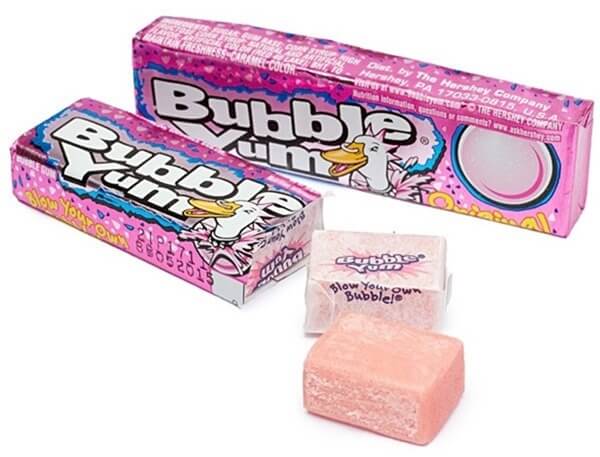 In 1976, the first soft chewing gum, Bubble Yum, was introduced to the American market by Life Savers. It instantly became the number one hit in the country. But with popularity often comes anxiety, and people began to wonder how the manufacturer made the gum so soft?
In 1976, the first soft chewing gum, Bubble Yum, was introduced to the American market by Life Savers. It instantly became the number one hit in the country. But with popularity often comes anxiety, and people began to wonder how the manufacturer made the gum so soft?
When the public didn't get the answer they were looking for, they just made one up. Spider eggs must be added to chewing gum to give it a light, yet sticky consistency.
In response, Life Savers ran full-page ads in newspapers across the country with the headline, “Someone is telling a very bad lie about a very good product.” And it worked. The Bubble Yum brand lived on and became a cult classic. Incidentally, a young Leonardo DiCaprio took part in its advertising campaign.
8. Taco Bell Beef and Pet Meat
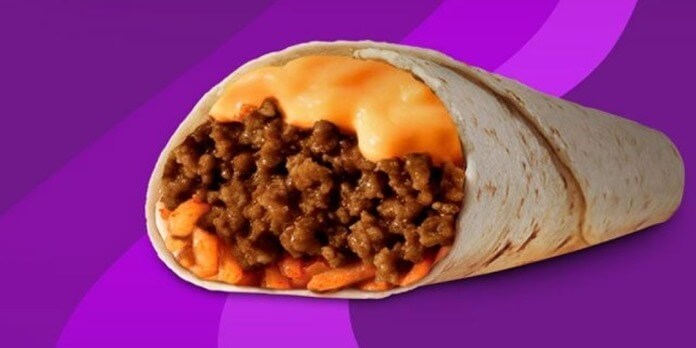 The Taco Bell brand has been around since 1962, but in 2011, it was hit with such bad press that this Goliath nearly fell to its knees. A class action lawsuit for false advertising was filed against the company, alleging that the manufacturer was misleading consumers by calling its product “beef” when it used a meat blend containing 65% of additives, preservatives, and binders.
The Taco Bell brand has been around since 1962, but in 2011, it was hit with such bad press that this Goliath nearly fell to its knees. A class action lawsuit for false advertising was filed against the company, alleging that the manufacturer was misleading consumers by calling its product “beef” when it used a meat blend containing 65% of additives, preservatives, and binders.
Taco Bell responded by saying that their product was "88% beef and 12% secret recipe." That might have been the end of the story if the tabloid Weekly World News hadn't published a satirical article claiming that Taco Bell was importing cat and dog meat from China.
The famous restaurant chain had to publish its ingredients to the public, and the FDA confirmed that they consisted of beef, water, Mexican spices and other seasonings, but no dog or cat meat.
7. Snapple and the Ku Klux Klan
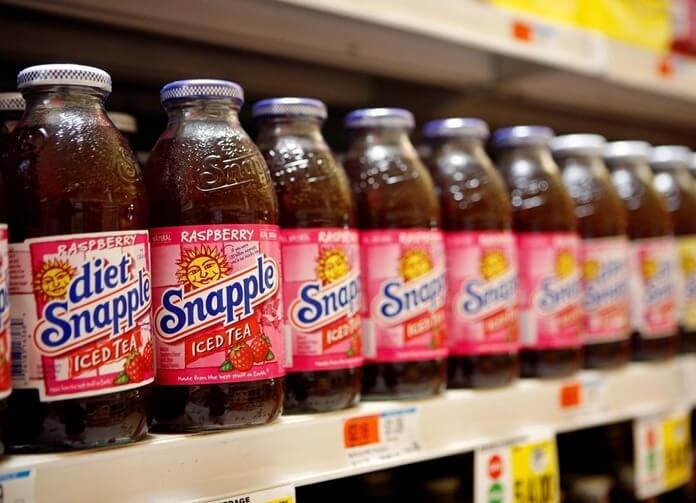 It all started when soft drink maker Snapple released a line of iced tea featuring a Boston Tea Party image that included a ship in the harbor. Harmless enough, right? Until someone decided the ship in the harbor depicted scenes of slavery.
It all started when soft drink maker Snapple released a line of iced tea featuring a Boston Tea Party image that included a ship in the harbor. Harmless enough, right? Until someone decided the ship in the harbor depicted scenes of slavery.
Snapple immediately changed the image, but it was too late. Word had gotten out and the public was out for blood. You see, every Snapple bottle had the letter "K" on it, and since they proudly displayed slave ships, there was only one thing the letter "K" could represent. Snapple was clearly in cahoots with the Ku Klux Klan!
Snapple founders Hyman Golden, Leonard Marsh and Arnold Greenberg tried to dispel the rumors by saying, "How can three Jewish guys from Brooklyn support the Klan?" The K simply means the product is kosher.
6. Syringe needles in Pepsi
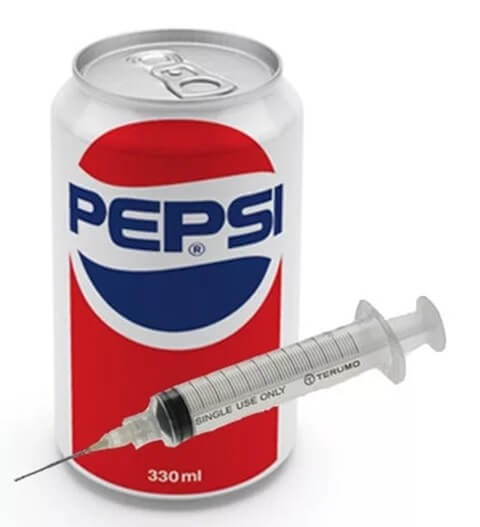 In 1990, a retailer in eastern Ontario found a straw in a Pepsi-Cola bottle. However, upon closer inspection, the item turned out to be a needle. The bottle was pulled from the shelf and turned over to Health Canada.
In 1990, a retailer in eastern Ontario found a straw in a Pepsi-Cola bottle. However, upon closer inspection, the item turned out to be a needle. The bottle was pulled from the shelf and turned over to Health Canada.
An investigation was launched, but no official decision was made. The likely culprit was thought to be a disgruntled employee of EastCan Beverages, the bottling company. The incident was never repeated, but may have been a precursor to the 1993 Pepsi panic.
In June 1993, stories began appearing in the American media about Pepsi cans filled with needles. An 82-year-old man claimed he looked in his Diet Pepsi can to see if there was a prize and found a needle. More than 50 reports followed of Pepsi cans containing needles, bullets, and even drugs.
An FDA investigation found that the rumors were being spread by people hoping to get a hefty payout from Pepsi Co.
In the end, about twenty people were arrested, and most of the others withdrew their claims. And Pepsi launched a campaign to reassure customers that its products were completely safe.
5. Procter and Gamble Worships Satan
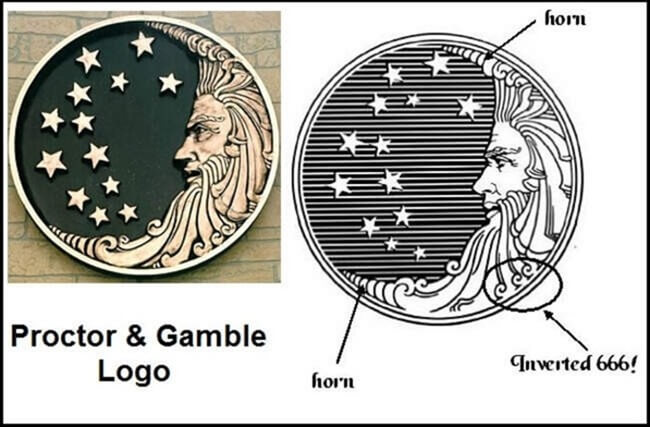
On March 1, 1994, the president of Procter & Gamble appeared on the Phil Donahue show and announced that a portion of P&G's profits had been donated to the Church of Satan. Phil, clearly shocked, asked the man if such candor would hurt the company's business. The president looked directly into the camera and replied, "There aren't enough Christians in the United States to make a difference."
The problem was that Donahoe had a fake P&G president on the show. But the rumors were unstoppable. People began looking for devil's marks in Procter & Gamble products. For example, the company's logo had 13 stars, which was a "baker's dozen"? And even if Procter & Gamble claimed that the thirteen stars were an homage to the original thirteen colonies of the United States, who would believe it? And the curls of the man's beard in the logo read "666," albeit upside down.
Rival Amway was alleged to have been involved in spreading rumors that tarnished P&G's reputation, and several lawsuits were filed against it. In 2007, a jury awarded P&G more than $19 million in damages.
4. Glass in Girl Scout Cookies
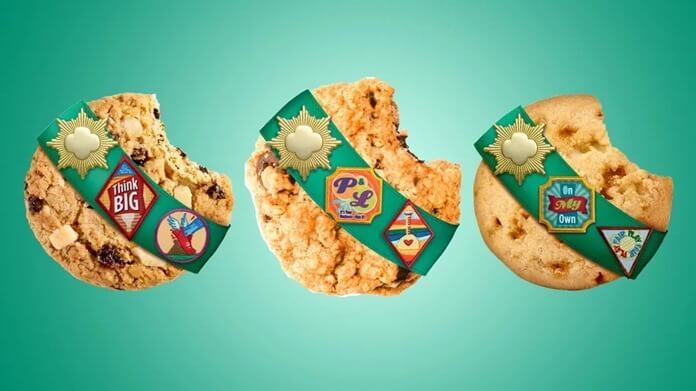 What's worse than finding a hair or a dead insect in your cookie? Finding glass in your cookie. But that's exactly what happened to the popular Girl Scout cookie in 1985. After the incident hit the newspapers, dozens of people claimed to have cut themselves biting into the brand. The FBI was even brought in, but surprisingly, the Girl Scout manufacturer suffered fewer losses than expected.
What's worse than finding a hair or a dead insect in your cookie? Finding glass in your cookie. But that's exactly what happened to the popular Girl Scout cookie in 1985. After the incident hit the newspapers, dozens of people claimed to have cut themselves biting into the brand. The FBI was even brought in, but surprisingly, the Girl Scout manufacturer suffered fewer losses than expected.
The organization was predicted to lose more than $1 million, but the actual losses were closer to $300,000.
3. Alcohol and bugs in Coca-Cola
It would take a lot of time and effort to destroy Coca-Cola's reputation through rumors, but that doesn't mean no one has tried. For some time, rumors have circulated that Coca-Cola contains alcohol or that it is spiked with cochineal insects, which give the drink its dark brown color.
At one time, these bugs were actually used in the textile industry to dye threads and yarns in the production of fabrics and carpets. But nowadays, there are a large number of synthetic and natural dyes, so the bugs were left alone long ago.
Coca-Cola even posted a section on its website that refuted rumors that were damaging its reputation.
Coca-Cola has also been accused of causing Alzheimer's, but the Alzheimer's Association has stepped in and confirmed that there is no evidence that Coke can cause the disease.
2. KFC and genetically modified chickens
 To save money and increase the size of its chickens, KFC began genetic experiments. Birds were pumped with hormones so they would have no beaks or feathers, or grow multiple wings.
To save money and increase the size of its chickens, KFC began genetic experiments. Birds were pumped with hormones so they would have no beaks or feathers, or grow multiple wings.
At least, that was the rumor that spread across the Internet, citing a University of New Hampshire study. However, the venerable institution never conducted such a study, and KFC filed lawsuits against the slanderers.
The University of New Hampshire also released a statement denying any involvement in the so-called study, and KFC returned to the fast food business.
1. Corona beer and urine
 In 1987, Corona became the second-largest-selling imported beer in America, and an unpleasant rumor began to circulate. If you believe it, Corona beer contained between 2 and 20 percent urine.
In 1987, Corona became the second-largest-selling imported beer in America, and an unpleasant rumor began to circulate. If you believe it, Corona beer contained between 2 and 20 percent urine.
Perhaps the rumor's popularity was helped by the fact that Corona beer is yellow, foamy, and comes in a clear bottle, or perhaps it was because some Americans still distrust anything brewed in Mexico.
The implication was that the American public believed that Corona had hired professional "scribes" whose only job was to drink a lot of water and urinate in the foamy product.
According to rumors, the spread of such offensive and false information was facilitated by Corona's competitor, Heineken.

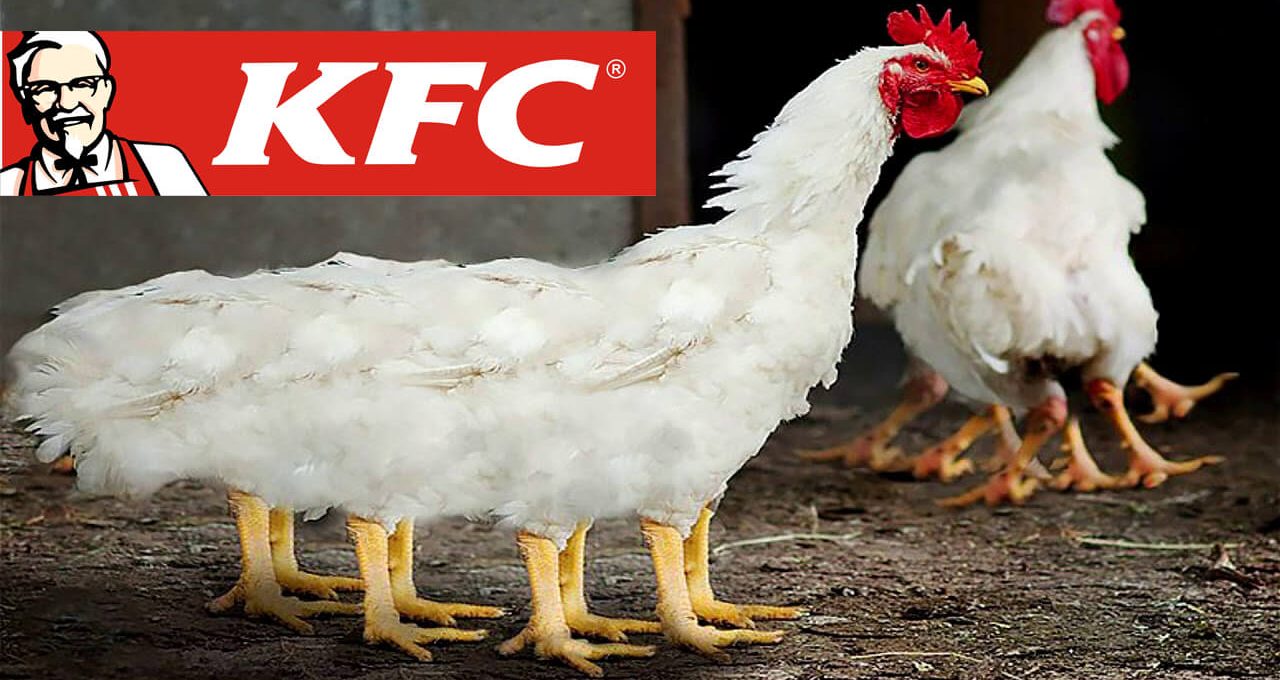

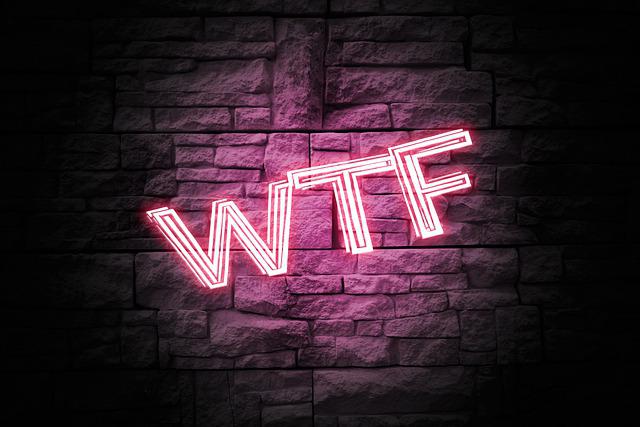



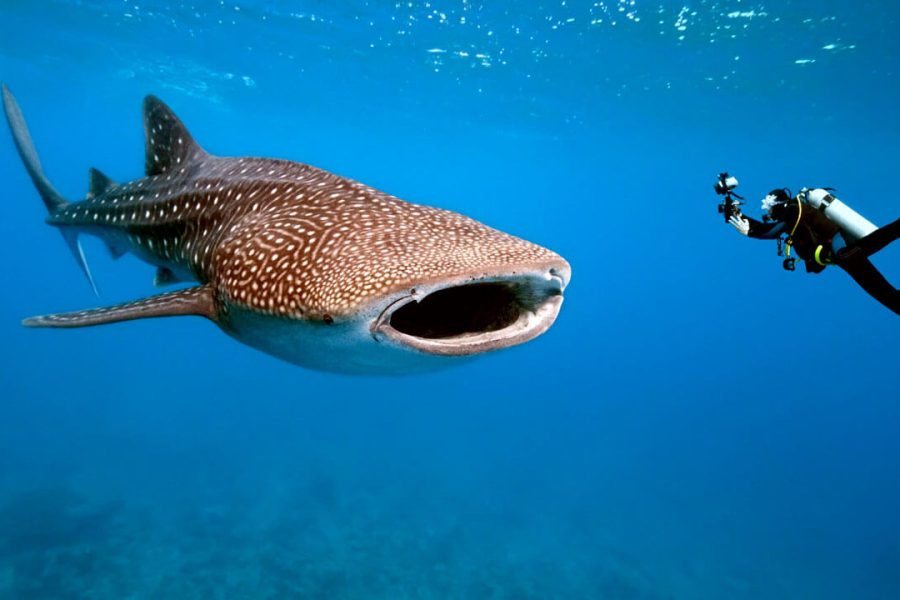
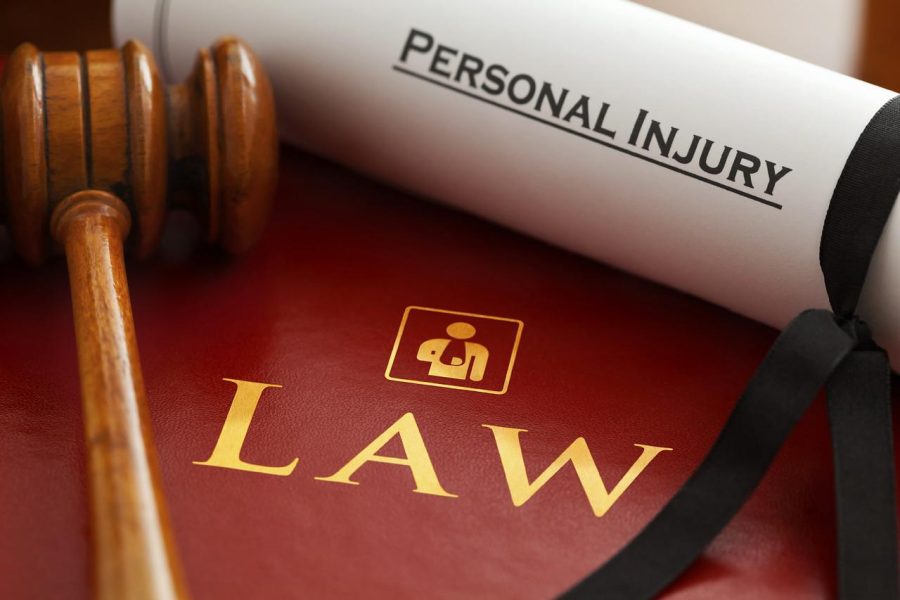





Оставить Комментарий